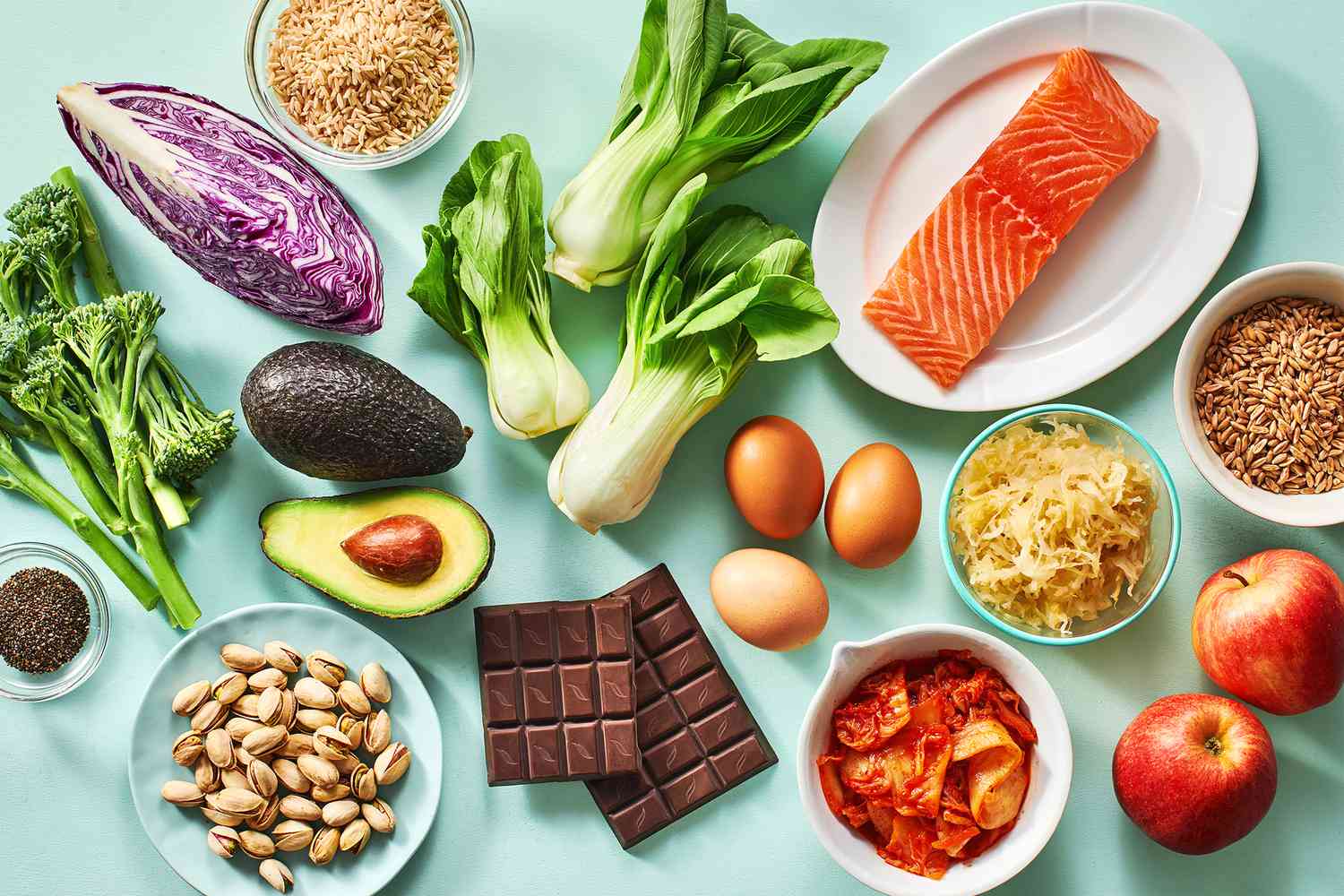The Role of Food in Our Lives

Food is one of the most essential elements of human life. It provides energy, supports growth, and keeps our bodies functioning properly. However, food is more than just fuel. It is deeply connected to our health, culture, emotions, and even our social relationships. In today’s world, where food choices are wide and globalized, understanding the role of food is more important than ever.
Nutritional Importance of Food

At a basic level, food is the primary source of nutrients. Our bodies need carbohydrates, proteins, fats, vitamins, and minerals to survive and stay healthy. A balanced diet helps to build strong bones, maintain a healthy weight, improve brain function, and strengthen the immune system. Malnutrition or poor food choices can lead to serious health issues like obesity, diabetes, heart disease, and nutrient deficiencies.
Eating a variety of whole foods — including fruits, vegetables, grains, and lean proteins — provides the necessary nutrients. Processed foods high in sugar, salt, and unhealthy fats may taste good but often have little nutritional value.
Food and Culture

Food is a powerful part of every culture. Different countries and regions have their own traditional cuisines, ingredients, and cooking styles. From spicy Indian curries to Japanese sushi, Mexican tacos to Italian pasta — food connects us to our heritage and identity.
Sharing food is also a key part of social bonding. Family dinners, festive meals, weddings, and religious celebrations all revolve around food. It brings people together, encourages conversation, and creates lasting memories.
Emotional Connection to Food

Food has a strong emotional impact. Many people turn to their favorite foods when they are happy, sad, stressed, or nostalgic. This emotional connection can be comforting, but it can also lead to unhealthy eating habits if not managed mindfully.
Comfort foods like chocolate, ice cream, or fried snacks may temporarily improve mood but should not replace a balanced diet. Learning to enjoy food mindfully — appreciating taste, smell, and texture — can help develop a healthier relationship with what we eat.
Food Sustainability and the Environment

In the modern world, food production and consumption have a significant impact on the environment. Mass farming, overfishing, deforestation, and food waste are major concerns. Sustainable food practices are essential to protect our planet for future generations.
Eating locally grown, seasonal foods, reducing meat consumption, and minimizing waste are simple ways to support sustainable food systems. Many people are also choosing organic or plant-based diets for both health and environmental reasons.
Modern Food Trends

Today’s food scene is constantly evolving. Health trends like keto, vegan, gluten-free, and intermittent fasting have become popular. Technology has also transformed how we buy and consume food — online food delivery, smart kitchens, and food blogs have made cooking and eating more accessible and creative.
Moreover, awareness about food allergies and special diets is increasing. Many restaurants now offer options for people who are lactose intolerant, allergic to nuts, or prefer halal or kosher meals.
Global Hunger and Food Insecurity
While many people enjoy food abundance, millions still suffer from hunger and food insecurity. Economic inequality, war, climate change, and poor infrastructure contribute to a lack of access to nutritious food in many regions.
Organizations around the world are working to fight hunger by providing food aid, building sustainable farming practices, and educating communities. As global citizens, we can help by donating, avoiding food waste, and supporting ethical food businesses.
The Future of Food
Looking ahead, the future of food may include lab-grown meat, vertical farming, 3D-printed meals, and AI-assisted cooking. As the global population grows, innovation in food technology will be essential to meet demand while protecting resources.
However, no matter how much technology evolves, the basic purpose of food — to nourish our bodies and connect us to others — will always remain.
Conclusion
Food is more than just something we eat. It nourishes our bodies, reflects our culture, supports our environment, and shapes our emotions. By making informed and mindful choices, we can enjoy food in a way that promotes good health, social harmony, and sustainability. Whether shared at a family table or explored through new recipes, food remains a beautiful part of our everyday lives.
hw de 629.. jubayer ahmed
